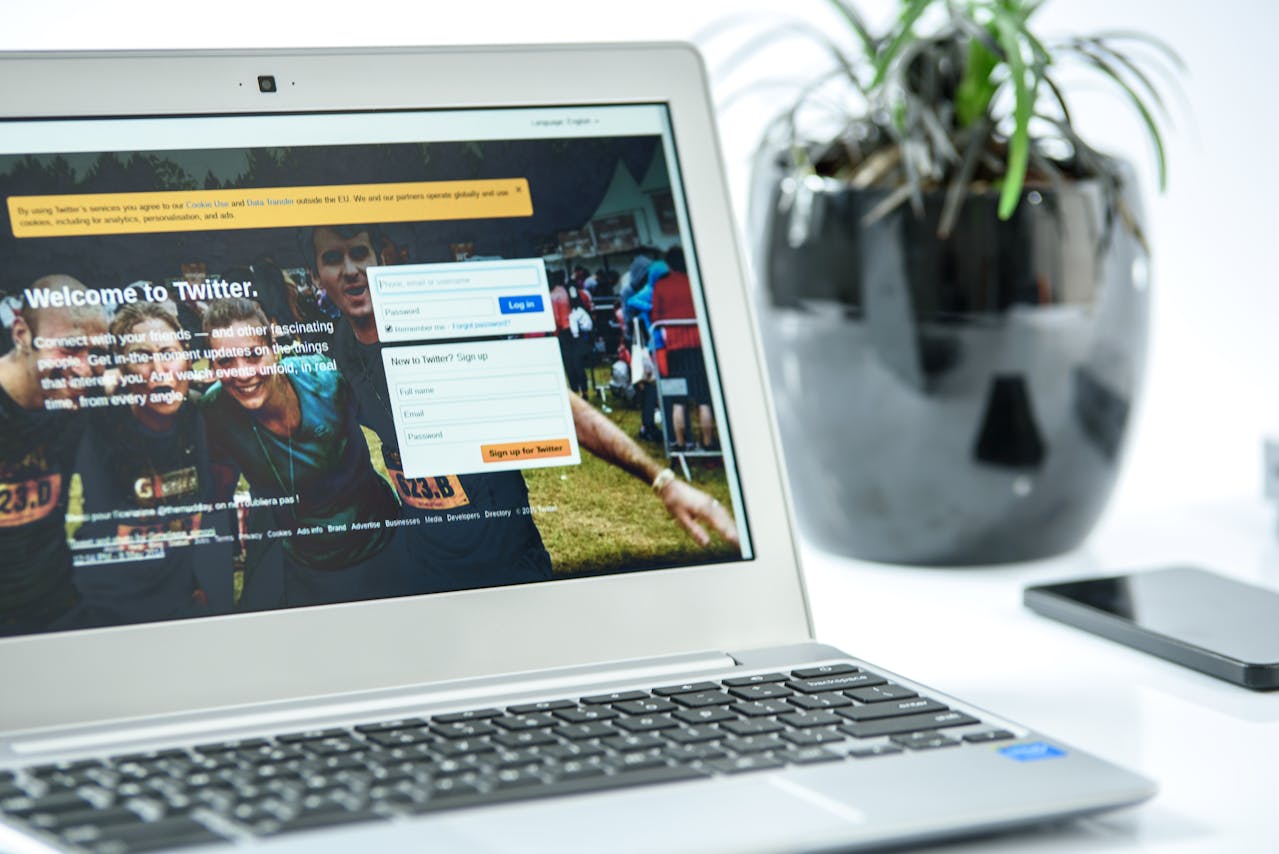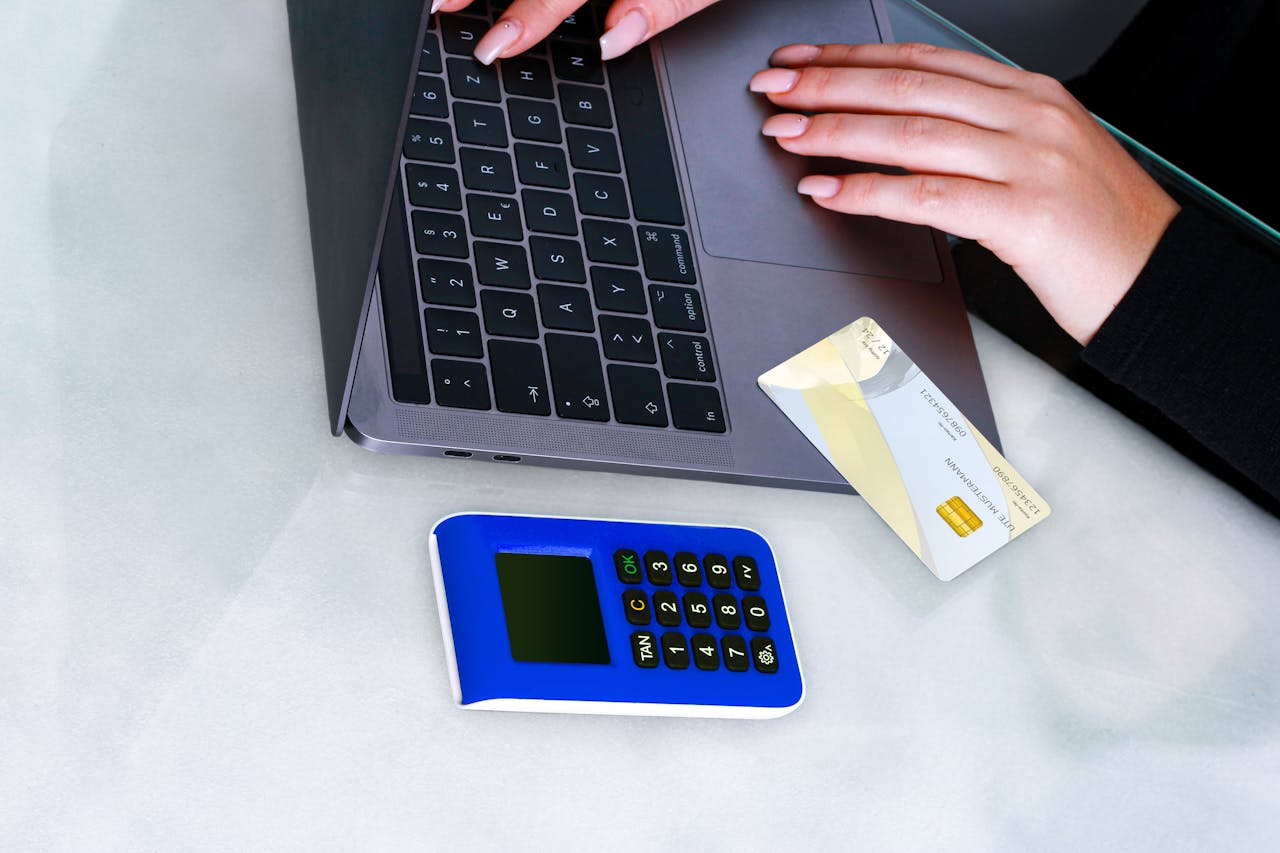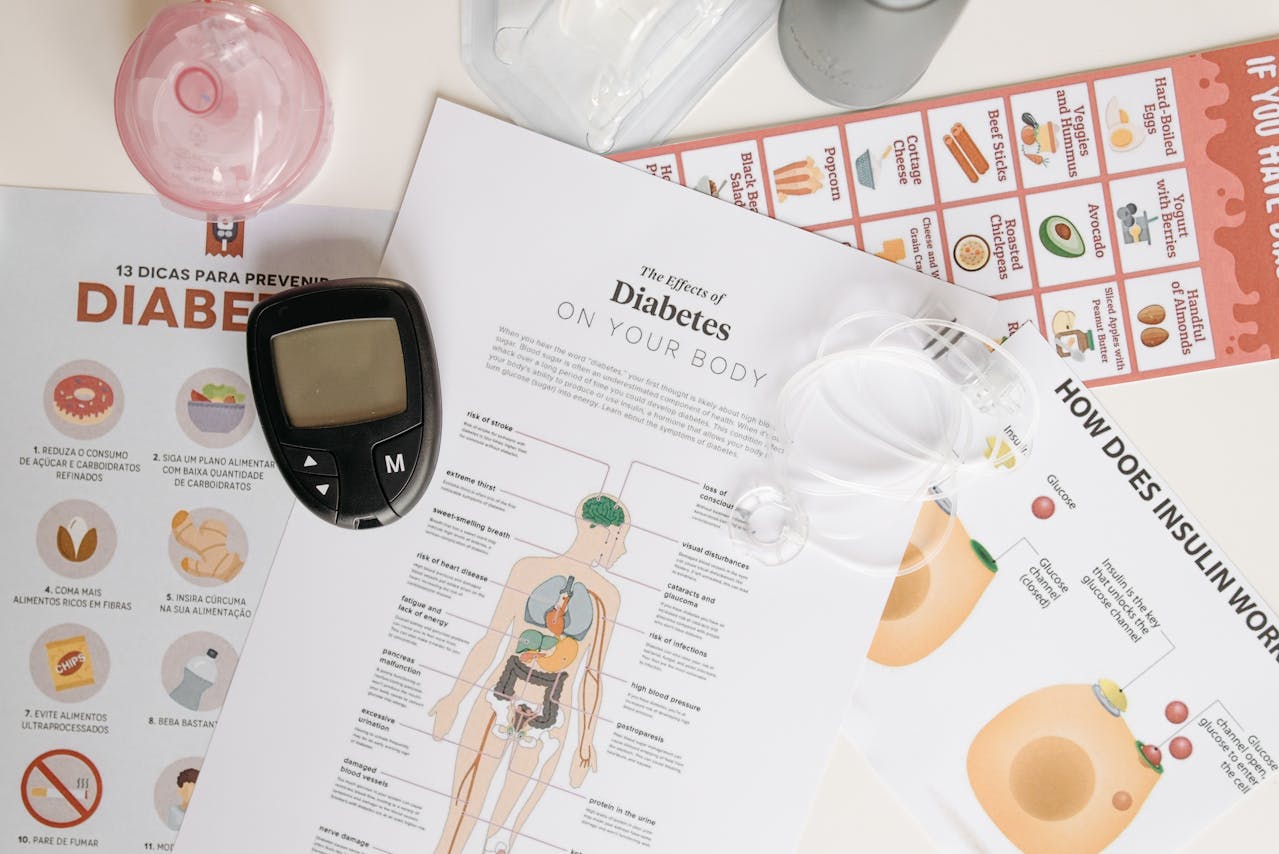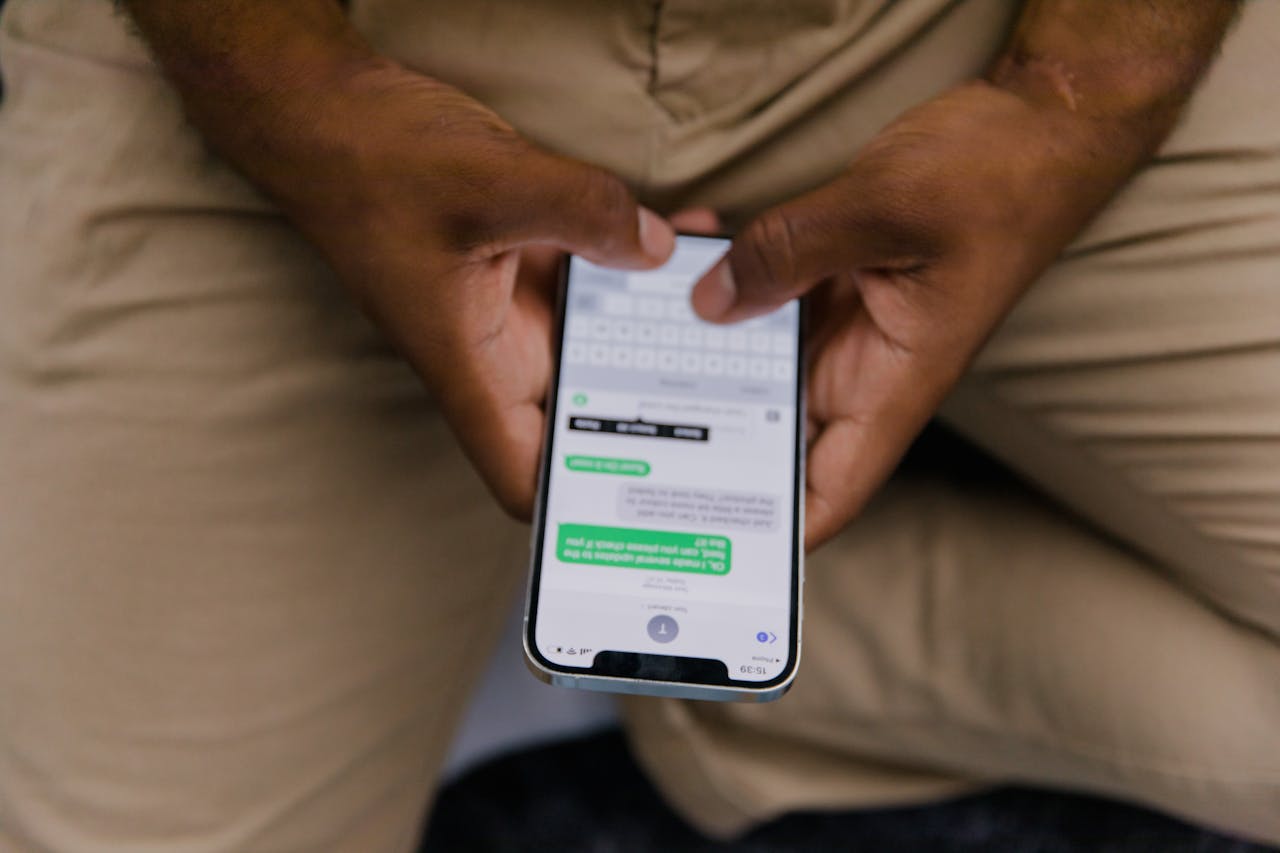Protect Your Privacy: 11 Personal Things You Shouldn’t Share with Others

In today’s interconnected world, protecting your privacy has become more essential than ever. While it may seem harmless to share personal details in casual conversations or online, some information is best kept private to avoid serious risks. From oversharing on social media to disclosing sensitive information in everyday interactions, it’s important to know what you should safeguard. Here are 11 personal things you should never share with others if you want to protect your privacy.
1. Your Full Home Address

Your home address is one of the most personal details you have, and sharing it can expose you to significant risks. Whether you are posting it on social media or giving it out in casual conversations, your address can be misused for identity theft, stalking, or burglary. Criminals often look for such information to plan break-ins, especially if they know your home will be empty. Instead of disclosing your full address, use alternatives such as a P.O. box or your workplace address for deliveries. Limiting who has access to this information can help protect you from potential threats.
2. Your Travel Plans and Daily Routine

While it’s tempting to post about upcoming vacations or daily routines on social media, doing so can make you an easy target for burglars. Broadcasting that you are away from home can give criminals a clear window of opportunity to strike. Even casually mentioning your daily schedule to acquaintances can be risky, as you never know who might use that information against you. Keep your travel plans and daily routines private, or only share them with people you trust. Doing so will reduce the likelihood of your home being vulnerable when you’re not around.
3. Your Financial Information

Your financial information, including your income, bank account numbers, and credit card details, should always remain private. Sharing this information, even with close friends, can put you at risk of identity theft and financial fraud. Criminals can use this data to empty your accounts, rack up debt in your name, or cause other financial havoc. Even discussing your income in social settings can lead to misunderstandings, envy, or exploitation. To protect your financial well-being, ensure you keep all such information private and secure.
4. Your Passwords and Login Credentials

Passwords are the key to your online identity, and sharing them with anyone can lead to devastating consequences. Whether it’s your email, social media, or banking account, your passwords protect sensitive information that can be compromised if shared. Hackers and scammers can use this data to access your accounts, steal your identity, or cause reputational damage. Instead of sharing passwords, use a password manager to securely store and generate strong, unique passwords for each of your accounts. This will keep your data safe without the need to share access with anyone else.
5. Your Personal Identification Numbers (PINs)

PINs are often used for securing access to your bank accounts, debit cards, and even your smartphone. Sharing your PIN, even with someone you trust, increases the risk of unauthorized access to your financial information. If someone gains control of your account using your PIN, it may result in financial losses that could be difficult to recover. Memorize your PIN and avoid writing it down or sharing it with others. Regularly updating your PINs and using different ones for different accounts can further enhance your security.
6. Your Medical Information

While you may be inclined to share details about your health with friends or family, it’s important to recognize that medical information is highly sensitive. Disclosing your medical conditions, treatments, or history can expose you to judgment, discrimination, or even exploitation. Insurance companies or potential employers might misuse such information to make unfair decisions about you. Only share your medical information with trusted healthcare professionals or in situations where it’s absolutely necessary. Keeping your medical history private helps ensure that it’s not used against you in unintended ways.
7. Your Relationship Problems

Discussing relationship problems with friends or acquaintances may seem like a good way to get support, but it can lead to unintended consequences. Sharing personal issues about your partner or relationship can invite unwelcome opinions or escalate conflicts. Once you share such details, it becomes difficult to control how others perceive your relationship, and those perceptions may affect how they interact with you or your partner. Instead of airing your grievances publicly, consider talking to a professional counselor or addressing the issues directly with your partner in private.
8. Your Social Security Number (SSN)

Your Social Security number is one of the most valuable pieces of personal information you possess. Sharing your SSN, even with people or businesses that seem trustworthy, can result in identity theft, tax fraud, or credit fraud. Criminals can use your SSN to open accounts in your name, file false tax returns, or even take out loans using your identity. Never share your Social Security number unless absolutely necessary, and only with institutions that are legally required to collect it. If you’re asked to provide your SSN in an unfamiliar context, ask if there are alternative ways to verify your identity.
9. Your Personal Phone Number

Your phone number is often tied to important services, including two-factor authentication for online accounts. Sharing your personal number with too many people can lead to unwanted spam calls, phishing attacks, or even potential stalking. When giving out your phone number, be selective and avoid posting it online or sharing it with businesses that don’t require it. Consider using a second number for less personal matters, or opt for temporary virtual numbers when signing up for online services. Protecting your phone number is key to avoiding scams and preserving your privacy.
10. Details About Your Children

It’s natural to want to share your children’s milestones and activities with family or friends, but too much information can pose a security risk. Avoid sharing details like their school name, extracurricular activities, or daily routines on social media, as this can make them vulnerable to predators. Be mindful of what you post, and always review privacy settings to control who can see your content. Even in conversations, limit the amount of personal information you share about your children to protect their privacy and safety.
11. Private Conversations

Private conversations, whether they occur in person, over the phone, or through text messages, should stay private. Sharing someone else’s confidential information without their permission can damage trust and relationships. If you divulge details from a private conversation, it might come back to haunt you, especially if the information gets into the wrong hands. Respect the confidentiality of your conversations, and avoid gossiping about sensitive topics that were shared with you in confidence. By protecting the privacy of others, you also ensure that your own trustworthiness remains intact.
Final Thoughts

In an era of constant connectivity, it’s easy to forget the importance of protecting your privacy. Oversharing, whether online or in person, can lead to significant personal and financial risks. By safeguarding these 11 personal details, you can protect yourself from identity theft, fraud, and potential harm. Always be mindful of what you share and with whom, and remember that some information is best kept private. Taking these precautions will not only keep you safer but also give you peace of mind in knowing that your personal life is secure from prying eyes.
This listicle has provided an essential guide to the types of information you should never share. By being proactive and cautious with your personal data, you can reduce the risk of exposure to unnecessary threats. Keep these tips in mind, and make privacy a priority in both your online and offline interactions.
Leave a Reply